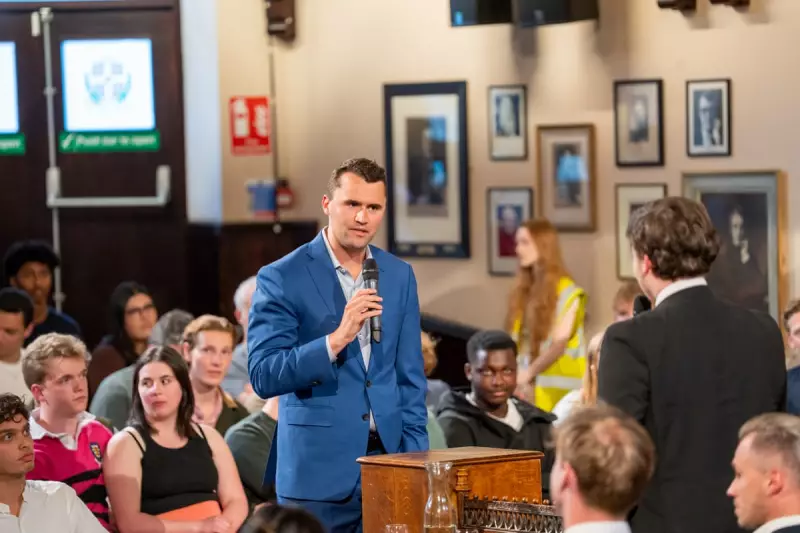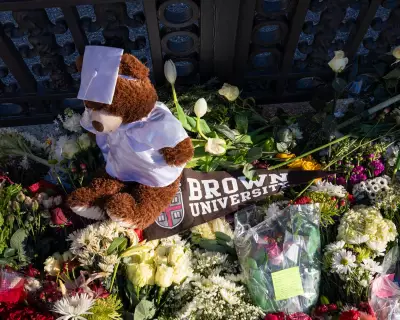
The incendiary US conservative commentator Charlie Kirk has brought his brand of transatlantic culture wars to British campuses, met not with quiet debate but with roaring protests and accusations of spreading hate. His UK tour, which included stops at the University of Oxford and the University of Cambridge, has sharply divided students and reignited a fierce national conversation about the limits of free speech.
A Tour Met With Tumult
Events organised by the Oxford Union and other student groups were far from civil affairs. They were punctuated by loud demonstrations, with hundreds of students turning out to voice their opposition. Protesters held signs labelling Kirk a 'fascist' and chanted slogans, arguing that his views targeting transgender rights and promoting controversial racial theories cross the line from speech into harmful rhetoric.
University authorities and event organisers were forced into a delicate balancing act, attempting to uphold principles of free expression while ensuring student safety and security amidst the palpable tension.
The Core of the Controversy
Kirk, the founder of the right-wing group Turning Point USA, is a figurehead of America's political culture wars. His UK lectures focused on familiar themes: a vehement opposition to what he terms 'woke ideology', critical race theory, and transgender inclusion. His delivery, described as confident and provocative, seemed designed to challenge and provoke his largely sceptical audiences.
Opponents accuse him of deploying debunked theories and harmful misinformation under the protective banner of free speech. His supporters, however, argue that he is simply challenging a dominant liberal orthodoxy that has stifled open debate on university grounds.
Free Speech vs. Hate Speech: The Eternal Campus Battle
This incident is merely the latest flashpoint in an ongoing struggle within UK higher education. Universities are increasingly caught between their foundational commitment to free inquiry and a growing demand to protect students from discourses perceived as hateful or damaging.
The Kirk tour has forced a pressing question back into the spotlight: where should the line be drawn? Student unions and advocacy groups are demanding stronger safeguards, while free speech advocates warn against campus censorship and the creation of ideological echo chambers.
Beyond the Campus Gates
The reverberations of Kirk's visit extend far beyond the ancient quads of Oxbridge. The tour has sparked commentary from politicians and media figures across the spectrum, debating the UK's importation of polarized American political battles. It raises a broader concern about the role of external actors in shaping the UK's domestic social and political discourse.
The events have also shone an unforgiving light on the strategies of groups like Turning Point, which appear to be testing the waters for a more permanent expansion into the UK's political scene, seeing fertile ground in the country's own cultural divisions.
As the protests fade, the fundamental questions Kirk's presence raised about liberty, safety, and the very purpose of a university remain, unresolved and more urgent than ever.





